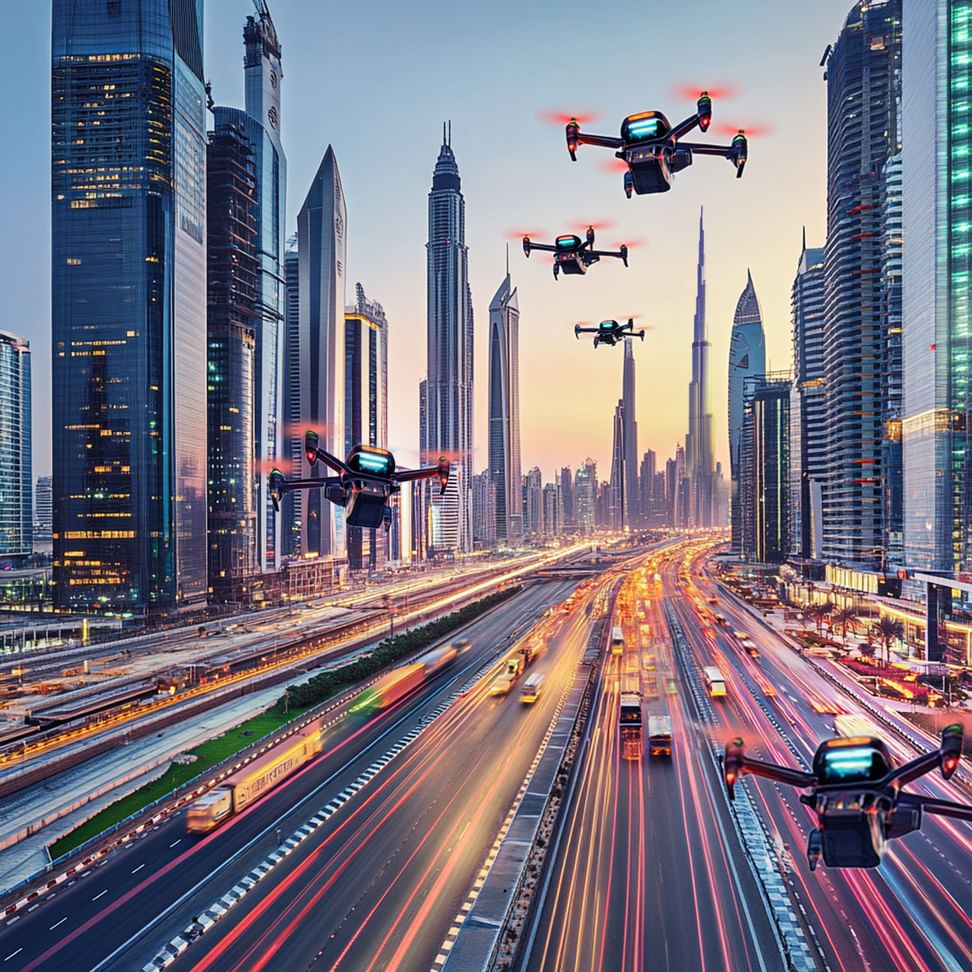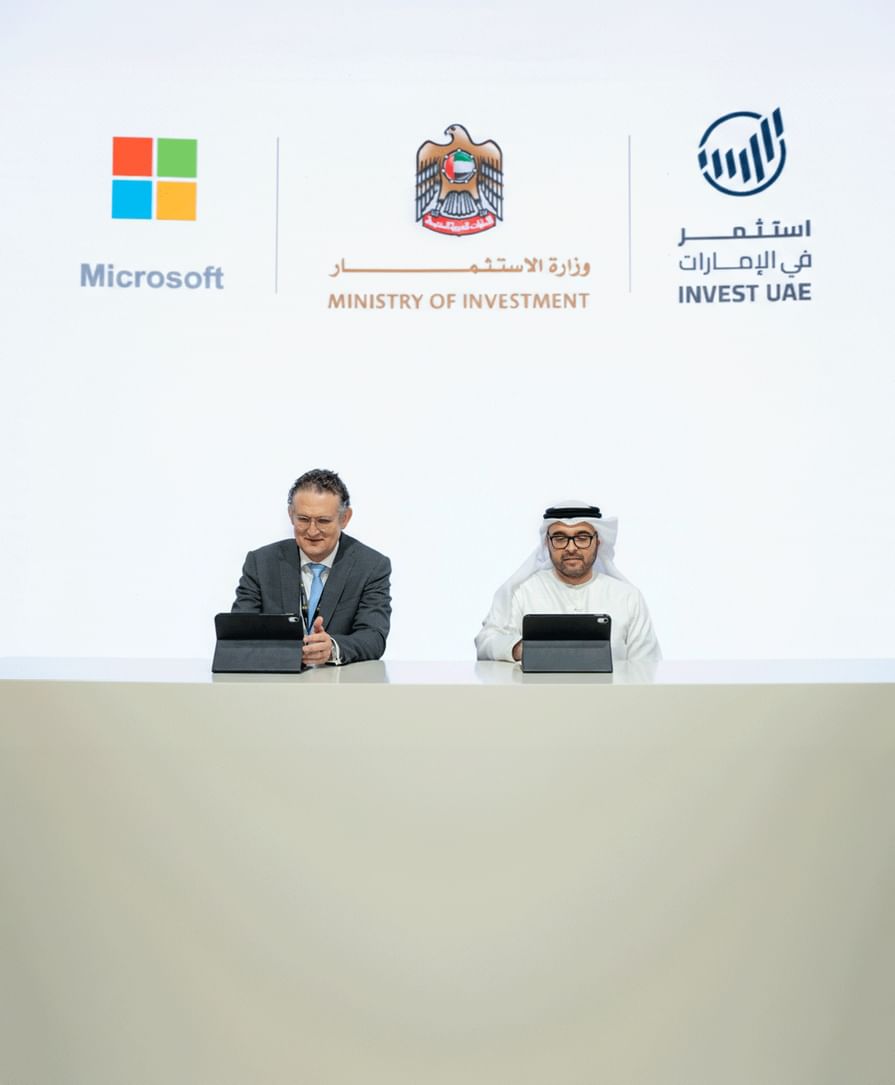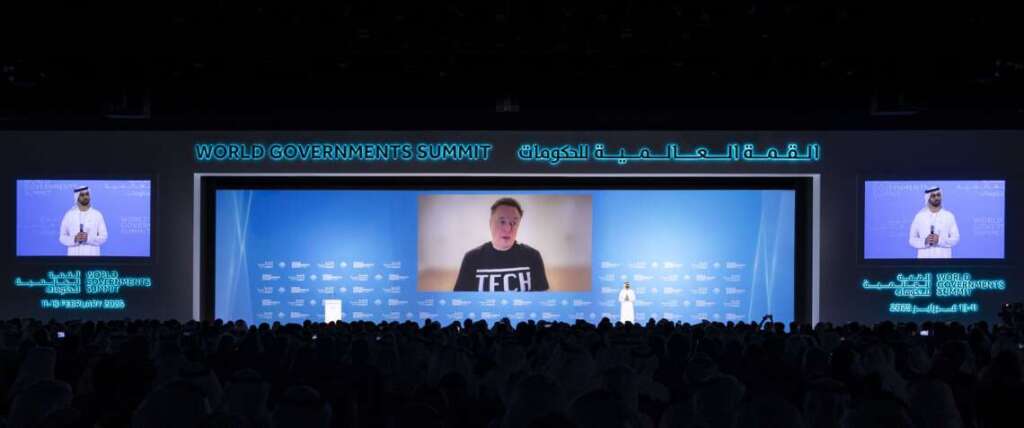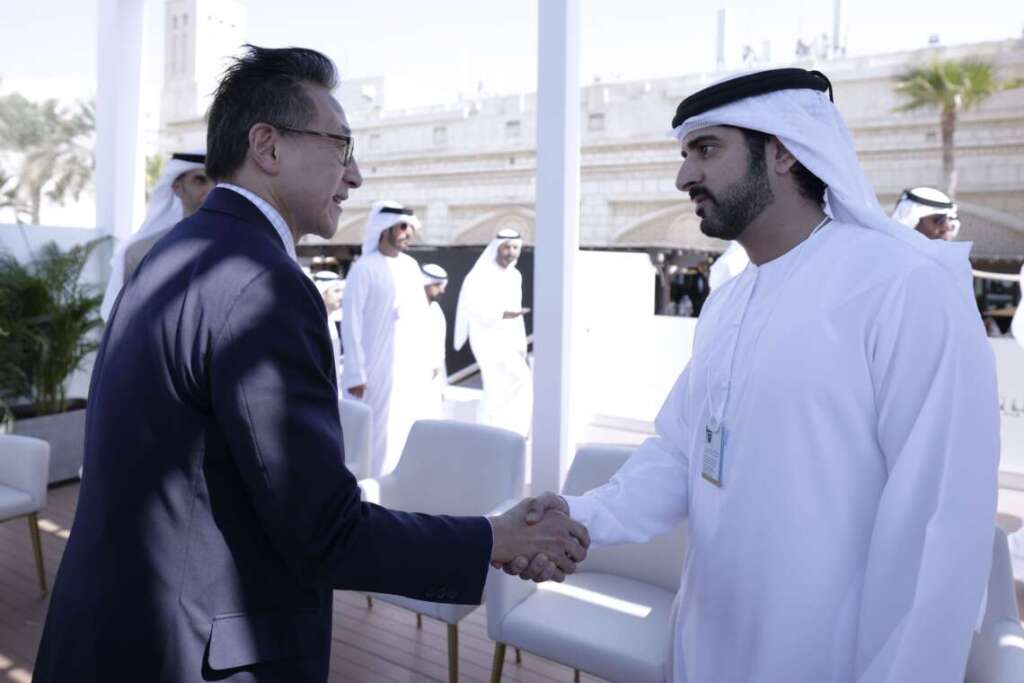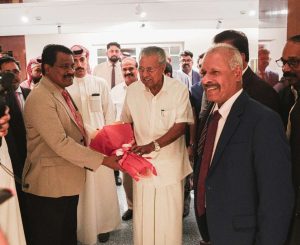The aerial routes will connect key international airports and iconic places in the UAE, extending further to ensure seamless integration of piloted and autonomous flying taxis and cargo drones across the nation’s urban landscapes.
The UAE began mapping air corridors and developing a regulatory framework for piloted and autonomous flying taxis and cargo drones, it was announced at the World Governments Summit.
Aerial corridors and regulations are set to be defined within the next 20 months.
The aerial routes will connect key international airports and iconic places in the UAE, extending further to ensure seamless integration of piloted and autonomous flying taxis and cargo drones across the nation’s urban landscapes.
To achieve this milestone, the General Civil Aviation Authority (GCAA) and the Advanced Technology Research Council (ATRC) entities – Technology Innovation Institute (TII) and ASPIRE – signed a strategic partnership to share technical expertise in airspace management.
Leveraging TII’s network of stakeholders, including regulators, industry leaders, and researchers, the collaboration aims to establish a comprehensive regulatory framework that ensures safety and operational efficiency.
The partners will ensure the safe integration of piloted and autonomous air taxis and cargo drones into urban environments. The new air corridors will offer innovative solutions for passenger and cargo transport, relieving pressure on traditional road networks and improving connectivity.
This initiative marks a major leap forward in the UAE’s mission to lead the future of mobility. Deploying safe, advanced, sustainable transportation solutions aims to ease congestion and set a global benchmark for future urban mobility systems.
Saif Mohammed Al Suwaidi, Director-General of the GCAA, said, “Air corridor mapping for piloted and autonomous air taxis and drones is a crucial milestone that will enable the seamless implementation of Advanced Air Mobility (AAM) into the UAE’s infrastructure. This initiative ensures the safe and efficient adoption of air mobility, delivering transformative solutions to urban transport and paving the way for a smarter, more connected future.”
Dr. Najwa Aaraj, CEO of TII, said, “This transformative collaboration with GCAA is reshaping the future of urban transportation. By advancing airspace management and integrating piloted and autonomous air taxis and cargo drones, we are not only enhancing urban connectivity but also driving sustainable and accessible mobility solutions that will benefit future generations.”
Stephane Timpano from ASPIRE said, “Addressing real-time urban mobility challenges through innovative solutions like air taxis and drones is a major step forward. This initiative directly supports sustainable economic growth by creating a flexible and diverse transport system that eases pressure on urban infrastructure and fosters smarter, more resilient cities.”
Prof. Enrico Natalizio, Chief Researcher of the Autonomous Robotics Research Center at TII, commented, “At TII, we’re developing advanced AI-powered control, vision and communication algorithms for autonomous systems that enable real-time decision-making for air taxis and drones. Having mastered this technology, we are able to propose methodologies for AAM corridors design to optimise routes, ensure collision avoidance, and integrate seamlessly with urban airspace, marking a key step toward efficient and safe autonomous air mobility in complex urban environments.”
Held under the theme ‘Shaping Future Governments’, this year’s convened over 30 heads of state and government, more than 80 international and regional organisations and 140 government delegations.
Its agenda featured 21 global forums exploring major future trends and transformations, over 200 interactive sessions with more than 300 prominent speakers – including presidents, ministers, experts, thought leaders, and decision-makers – and over 30 ministerial meetings and roundtables attended by more than 400 ministers.
ALSO READ: SME growth in focus at UAE-South Africa talks
ALSO READ: UAE, France to develop 1GW AI campus

